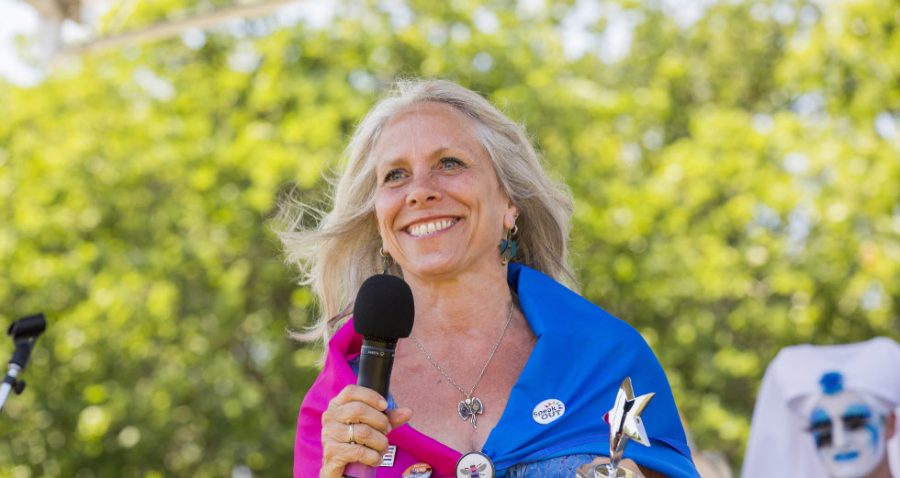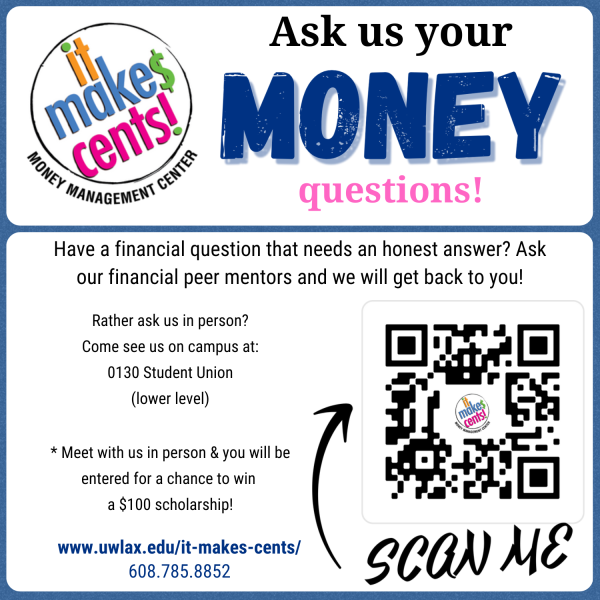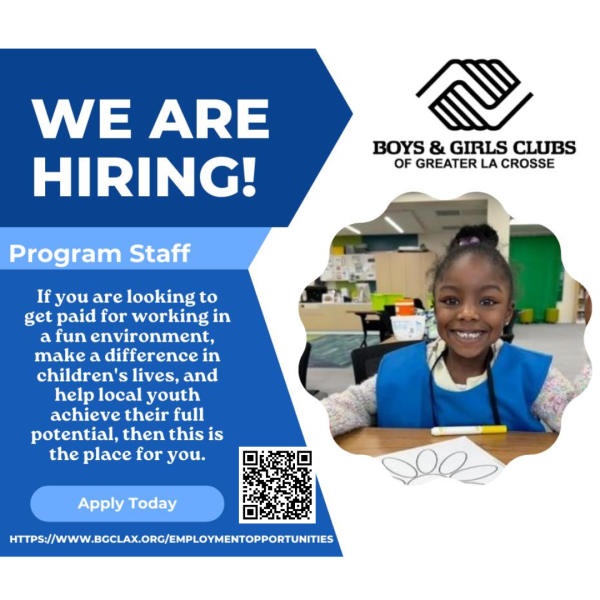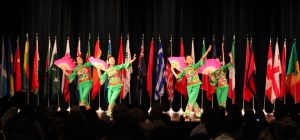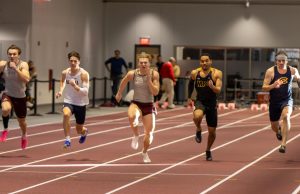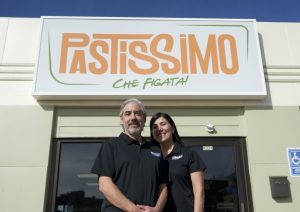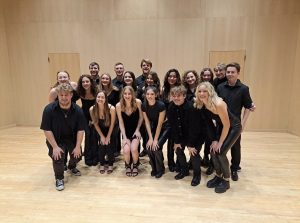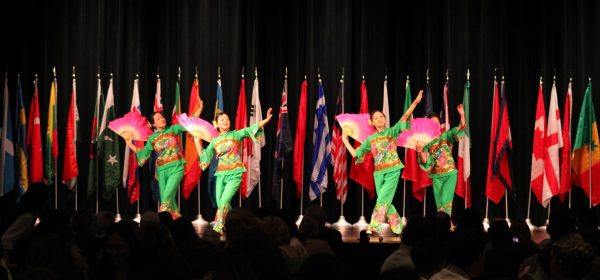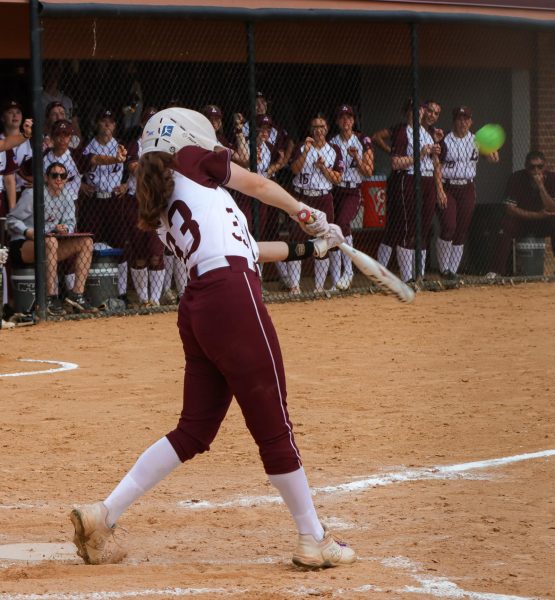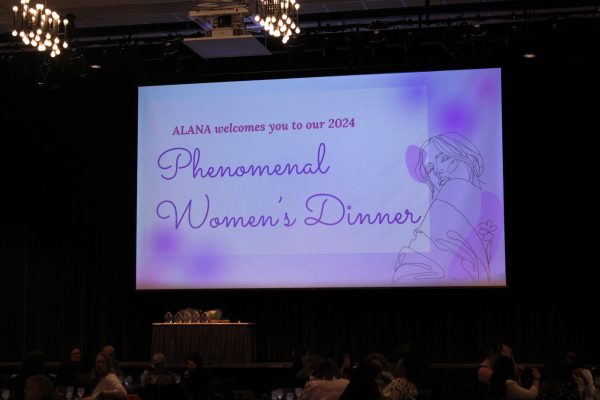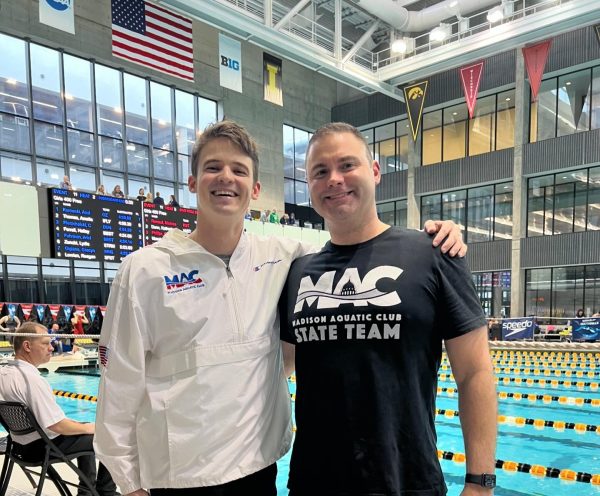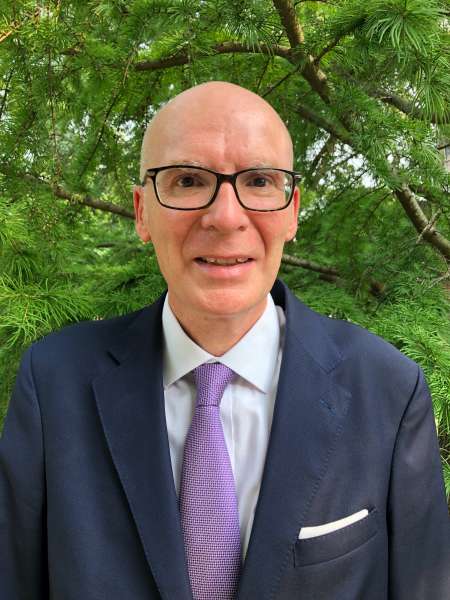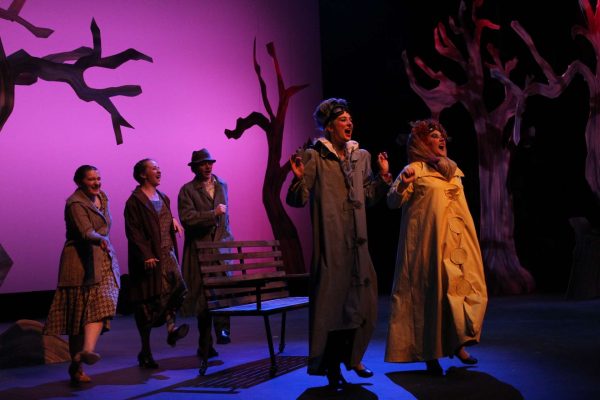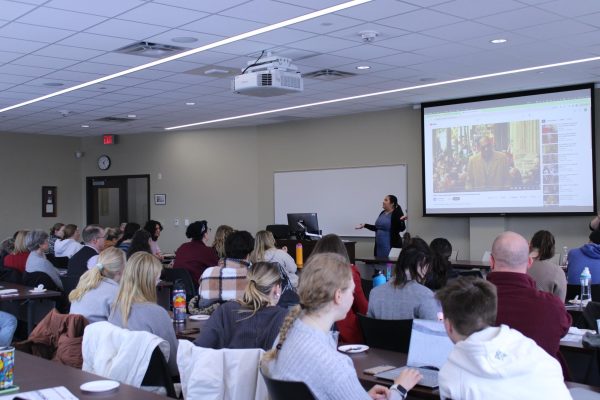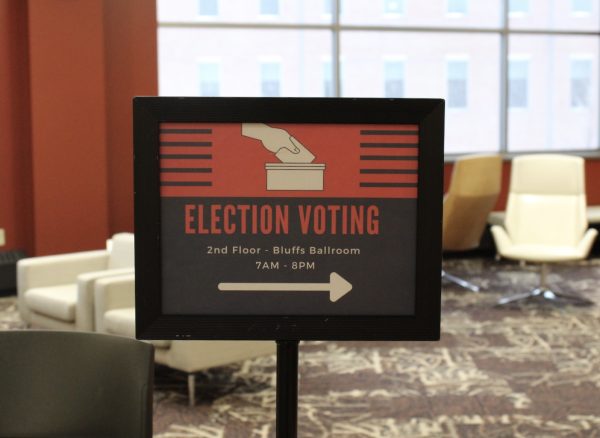Roby Ochs’ presents “Beyond Bisexuality 101” at UWL
June 25, 2016. Salem, MA. North Shore Pride Parade and Festival 2016. Picture Credit: robynochs.com © 2016 Marilyn Humphries
October 17, 2018
In light of Coming Out Day, which occurred on Oct. 11, the Pride Center at the University of Wisconsin-La Crosse hosted Roby Ochs, LGBTQ+ and social justice educator, to speak about her presentation, “Beyond Bisexuality 101” at 7pm in room 3310 of the Student Union.
Kadie Daniels, a graduate assistant in the Pride Center, introduced Ochs and said, “[she is] an advocate for the rights of people of all orientations and genders to live safely, openly, and with full access and opportunity.”
Ochs has been recently named as one out of the nine bisexual women who are making history by Teen Vouge and has done presentations in over forty-seven other states and fifteen different countries.
After being introduced, Ochs began her presentation by saying, “I use she/her, they/them pronouns and I have identified as bisexual for forty-two years…As someone who has identified as bi for forty-two years, a lot of my information comes from my own experience. It also comes from the conversations I’ve had with all of the people I’ve had the pleasure and privilege of meeting…So ya’ll are my teachers.” Ochs also mentioned she uses research from studies as well as her own work.
Ochs referred to those who identify outside of binary identities, as middle sexualities, non-binary sexualities, and bi+ identities. Her presentation was focused on inclusivity and didn’t just speak to bisexual-identified individual’s.
“Sometimes I like to think of all the middle or non-binary sexualities as an area of identity space, like a region of the sky…and it’s kind of beautiful because then I think of them as little beautiful stars,” said Ochs when talking about all the sexual, gender, and romantic identities one can hold.
Ochs presented the audience with data about how many people in the United States have identified as LGBT.
“I’m going to start off by saying, we don’t know. I don’t think it’s possible to get accurate data about sexuality in the United States.” She mentioned that questions asked on these surveys are poorly framed.
“If I said to someone, do you identify as lesbian, gay, bisexual, or transgender and they actually identify as queer, some people might say yes, and some people might say no,” said Ochs. “What if you identify as pansexual or what if you identify as asexual? It’s complicated.”
What Ochs did conclude was there are trends over time. In a study from Gallop that surveyed 340,000 people across the U.S, they found that 3.5% of the U.S. population in 2012 answered “yes” to being LGBT and in 2017 the number increased to 4.5%.
Ochs also showed data from a study that showed 49.5% of bisexual-identified persons seriously considered suicide. She explained that a possible reason for this high percentage is minority stress.
“Minority stress is the idea that stigma, prejudice, and discrimination create a hostile and stressful social environment that can cause mental health problems for those of us who are experiencing it,” said Ochs, “There’s nothing stressful about being bisexual or about being lesbian or about being black or brown or about being Jewish or Muslim. It’s only stressful because of the external hostile environment.”
Ochs talked about her personal experience about coming out as bisexual and how she felt shameful about her identity before learning about minority stress. Ochs said, “If you are a member of any kind of stigmatized group and you do experience [minority stress] just remember you are not the cause of that. The cause of [minority stress] is environmental.”
Intersectionality was also mentioned and that individuals can be apart of more than one stigmatized identity group. Holding more than one stigmatized identities will compound an individual’s stress.
Ochs presented a book she published that was a forty-two country men’s anthology titled, “Getting Bi” to show that in order to understand bisexuality, many stories need to be told.
Ochs spent the rest of her presentation talking about how important community is to those who don’t hold a majority identity. In her undergrad, Ochs only knew of two other individuals who identified themselves as bisexual. Upon moving to Boston, she met a community of Bi+ individuals.
“It changed my life because I had support and I had sisters and I had community…This didn’t stop the garbage from getting into my ears, but it didn’t matter as much because I had community.”
UWL’s Pride Center’s next event is Queer Cinema presenting “Matthew Shepard is a Friend of Mine” on Wednesday October 24, 2018 at 7:00pm in the Movie Theatre at the Student Union.

